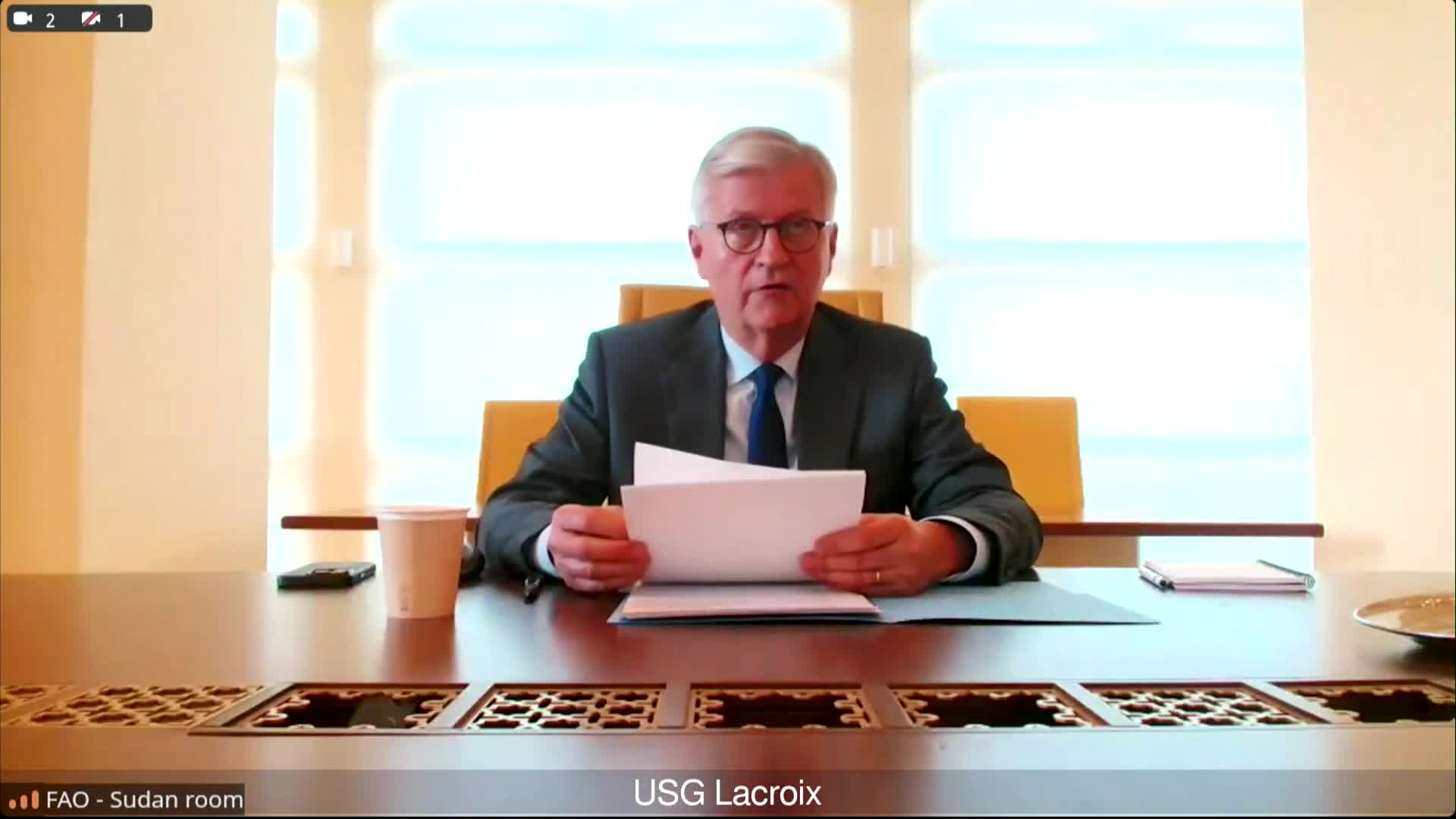UN briefing warns South Sudan peace accord is unraveling and urges renewed dialogue
Get AI-powered insights, summaries, and transcripts
Subscribe
Summary
A UN official told the council that unilateral moves, detentions of senior leaders and dwindling trust are undermining the revitalized peace agreement and that fresh political negotiations are essential to keep elections in December 2026 on track.
Speaker 1, a United Nations official, told the council that developments in South Sudan ‘‘continued to move in a negative and possibly dangerous direction’’ and that the revitalized peace agreement ‘‘remains the only viable framework for long term peace and stability in South Sudan.’’
He said ceasefire violations, ‘‘including widespread aerial bombardments and clashes between the signatories of the peace agreement,’’ have increased, and that the unilateral removal of opposition figures from the government of national unity and the detention of senior leaders have further eroded trust among key actors.
‘‘The detention and ongoing trial of senior SPLM/AIO leaders, including first vice president Bashar, has further polarized the political environment,’’ he said, adding that while he would not comment on legal merits, adherence to due process, fairness and transparency ‘‘is critically important if public confidence is to be maintained and the trial does not serve as a trigger for violence.’’
The speaker warned that institutions designed to foster partnerships are under-resourced and that implementation of transitional security arrangements and constitution-making talks ‘‘remain stalled.’’ He noted that the transitional period is expected to conclude after elections scheduled for December 2026 and urged that ‘‘key electoral decisions must be made now, not later’’ to preserve the possibility of credible planning.
As part of ways to restart momentum, the briefing called for resumption of a government-led joint task force with the United Nations, the African Union, IGAD (rendered in the transcript as "EGAD") and the Troika to prioritize and resource constitution-making and electoral processes. The speaker urged guarantors and neighboring states to ‘‘reenergize efforts to ensure implementation and accountability for commitments made in the peace agreement.’’
The council was asked to send ‘‘a clean message’’ supporting political inclusion and condemning unilateral actions, with the speaker stressing that fresh political commitment and dialogue between leaders are ‘‘absolutely critical’’ for South Sudan to move forward.
